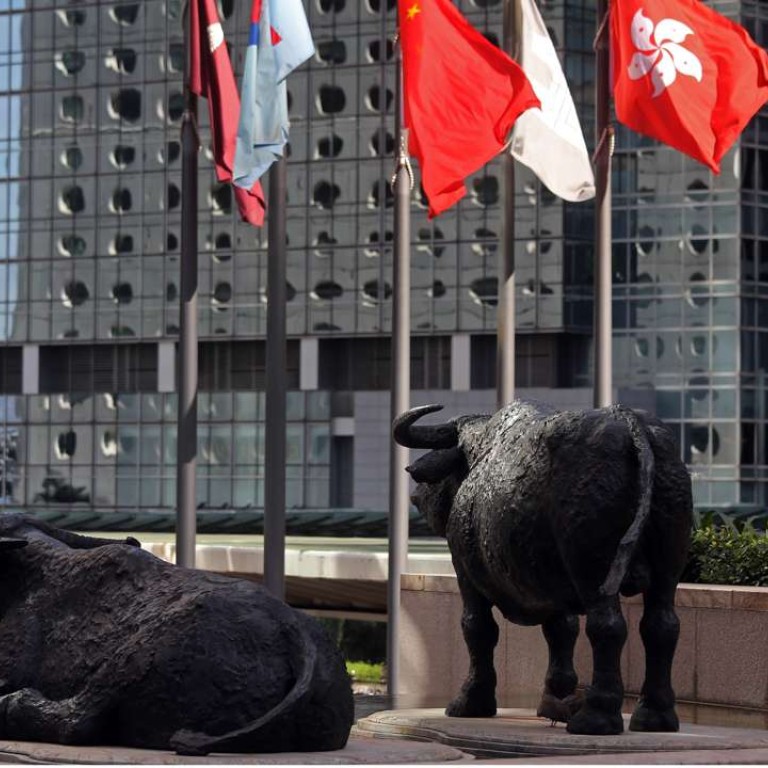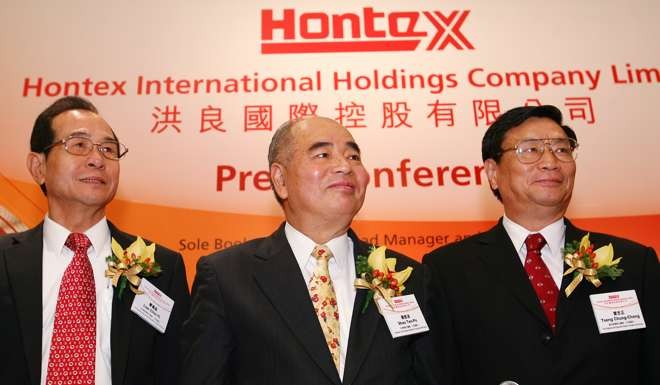
The SFC should explain why there were so many poor-quality companies listed during 2009
Nine companies which debuted on the Hong Kong stock exchange in 2009 are currently suspended from trading or have had their listing revoked
Just like wine has good or bad years, it appears the listing year may also be a good guide to the quality of a particular share, with 2009 being especially problematic.
Nine companies which listed that year have regulatory issues which led to trading suspensions. Subsequent investigations by the Securities and Futures Commission for fraud would result in two delistings.
For example, in March 2010 the SFC suspended trading in the shares of sport fabric maker Hontex International after finding the company’s prospectus overstated turnover and pre-tax profits in the three years leading up to its listing on December 24, 2009.

It set a new record for the shortest trading period - just 64 days - before being halted by the regulator.
A lengthy legal battle ensued before the High Court made its landmark compensation ruling to require the company to refund the HK$1 billion it raised in the IPO to the 7,700 investors who were still holding the stock at the time of its collapse. The company was delisted in September 2003.
China Metal Recycling, listed in mid 2009, was delisted in January this year after the SFC concluded it should be wound up, alleging that the firm - one of the mainland’s largest recyclers of scrap metal - had fabricated its sales and profit in documents and transactions leading up to its listing.
The High Court granted the liquidation order last year after concluding China Metal Recycling “appeared to have obtained its initial listing by fraud”.
China Forestry, which faces likely delisting in January, also had an IPO in 2009. The liquidator in April sued joint sponsors UBS, Standard Chartered and other advisers on the timber producer’s 2009 offering for alleged offences, including breach of contract and misrepresentation.
Six other companies listed in 2009 are now among the 40 companies that are suspended from trading for more than three months due to regulatory investigation or financial issues, according to HKEX.
These include China High Precision Automation, China Lumena New Materials, Greens Holdings, Real Gold Mining, Kaisa Group, and Mingfa Group.
The year 2010 does not look good either, as seven companies which listed that year are mentioned the prolonged suspension report published by HKEX.
So what happened in 2009 and maybe also for 2010?
Should we blame the financial crisis? It was the year after the global financial crisis in 2008 which may be a quiet year for IPOs. The slowdown could have inspired some investment banks to become aggressive in pushing poor quality companies to market.
And why did the HKEX and SFC did not identify the problems in the approval process at the time?
In 2009 and 2010, Hong Kong ranked top of global league tables in terms of IPOs. Yet it would appear that market quality was an issue.
The SFC should study what went wrong in 2009 and maybe also 2010 to find out what went wrong.
It’s also important to punish the wrongdoers and seek compensation for investors. So far, Hontex is the only case where investors have had funds returned. The SFC revoked Mega Capital’s licence and fined it a record HK$42 million for failing to live up its duties as sole sponsor of Hontex’s listing.
UBS and Standard Chartered Bank, which co-sponosred China Forestry’s list, have unveiled they are facing action by the SFC. UBS is also sponsor of China Metal Recycling.
We are waiting for the SFC to take further disciplinary action on the underwriters.

